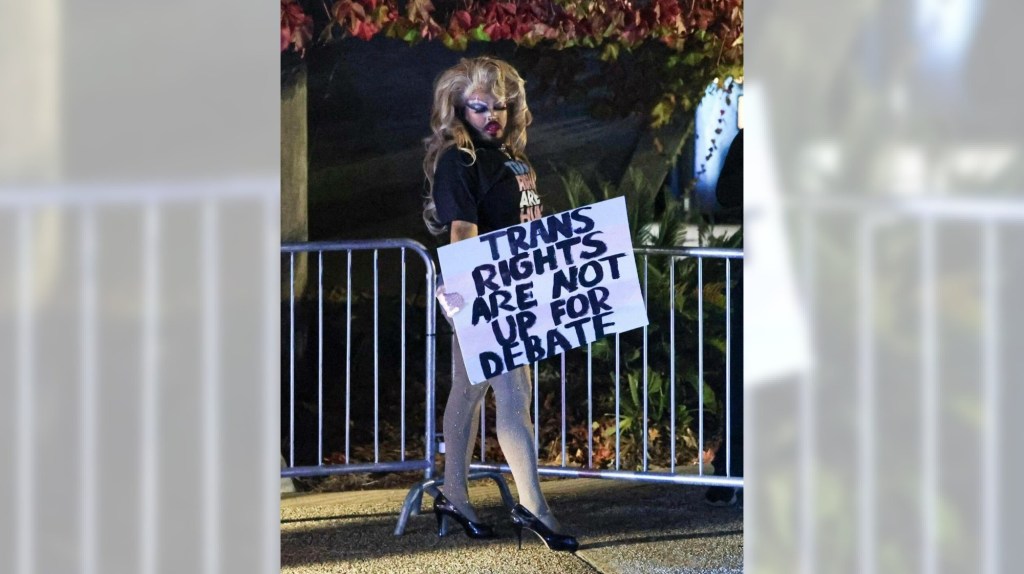A common refrain among anti-transgender activists and politicians, including in California, is that many trans and gender-diverse people experience regret after obtaining gender-affirming surgery.
Last spring, self-described “de-transitioner” Chloe Cole came to Sacramento and told rally-goers at the Capitol that there are too many “bodies and minds falling apart in the aftermath of transition.”
Cole and others with similar viewpoints have been welcomed by some conservative politicians in California and across the country as evidence that young people should be prohibited from receiving gender-affirming medical care.
However, that argument is not supported by the science, according to a new article published Wednesday in the Journal of the American Medical Association by three researchers from Johns Hopkins University.
The researchers conducted a retrospective look at all available evidence and found that the “regret rate” for gender-affirming surgery is less than 1%.
“This rate of surgical regret among (transgender and gender diverse) patients appears to be substantially lower than rates of surgical regret following similar procedures among the broader population, including cisgender individuals,” the report summary said, in part.
“In fact, one systematic review found that the average prevalence of surgical regret was 14.4% among all research studies analyzed, which the authors suggested was relatively low,” the summary continued.
The report concluded that the low regret among transgender surgery recipients may be linked to why they obtained the surgery to begin with.
“That reduction in regret also may due to careful implementation of existing evidence-based, multidisciplinary guidelines and standards of care for those who are (transgender or gender diverse), such as requiring a well-documented history of gender dysphoria,” according to a statement from Johns Hopkins.
The research…
Read the full article here







